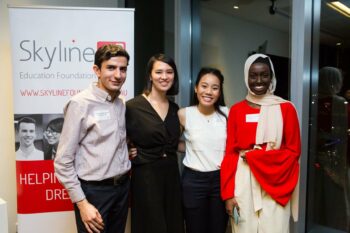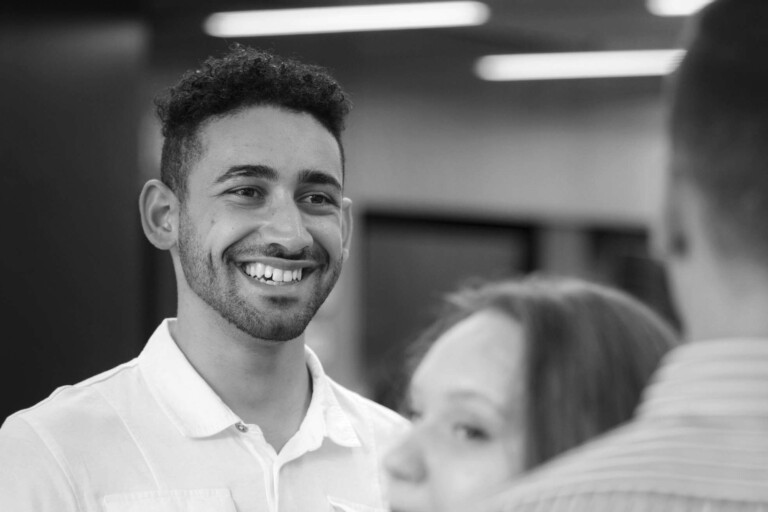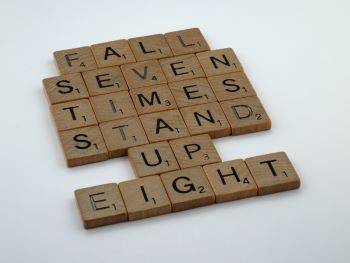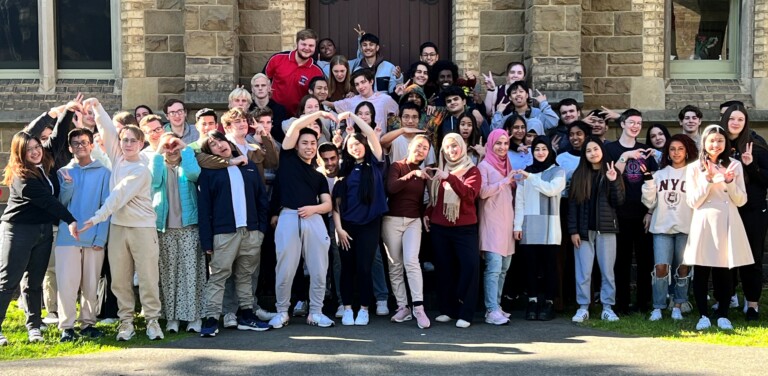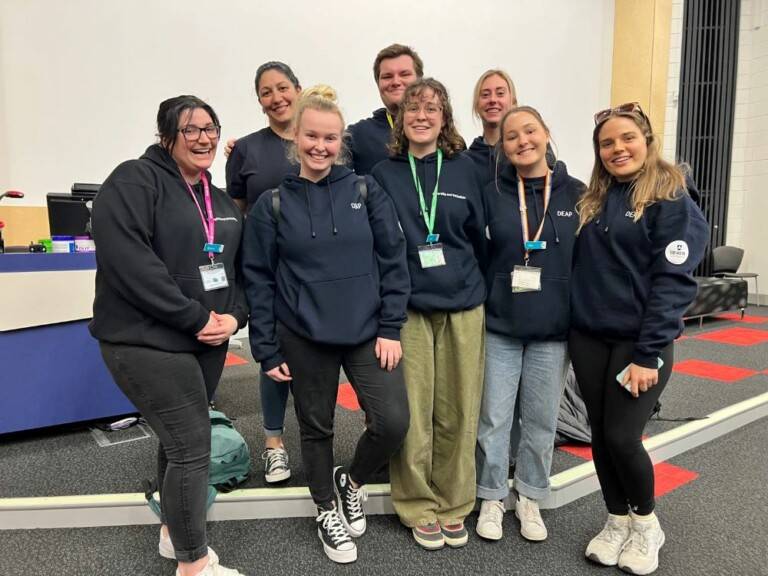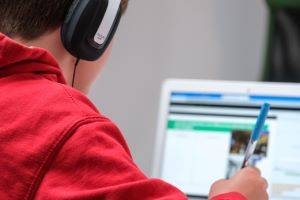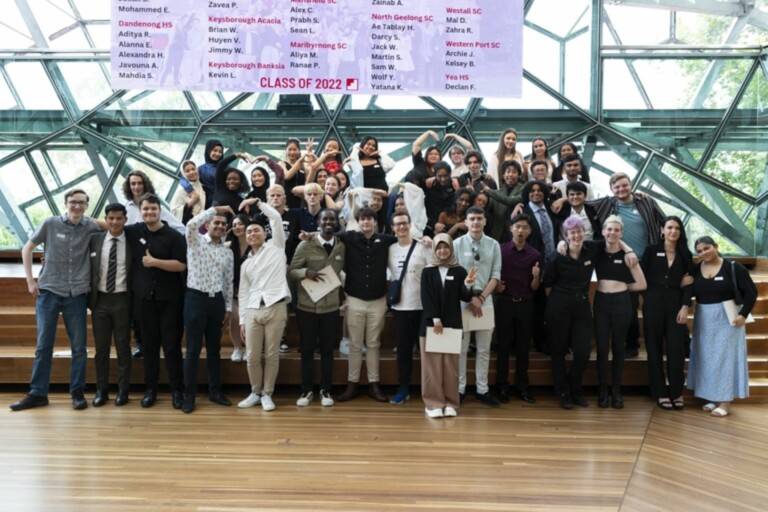Confidence and Capability: a recipe for life
– Dr Elizabeth Hartnell-Young
Most senior students in Victoria undertake the VCE: Victorian Certificate of Education. Recently a school principal told Skyline that ‘VCE equals confidence and capability’.
Self-confidence means trust in your capabilities, qualities, and judgment. A healthy sense of self-confidence means having a balanced view of yourself — taking pride in your achievements while learning from disappointments. A growth mindset helps you to build confidence and take on challenges.
When the OECD asked parents around the world what they wanted for their children, they listed happiness, confidence, friends, and health, more so than achievement or success. At Skyline, we believe that all our students are capable, but what about their confidence? This is often disproportionately lower than their capability, but the good news is that it can be built up.
One Skyliner recognised the change over time in her confidence from simply focusing on short-term performance to a longer-term future:
My goal was simply to get good marks. I have started to have a clearer look about the career pathway that I want to do. I have gained so much confidence in myself which empowers me to pursue my own pathway.
Another became more assertive as a result of Skyline’s program offering a supportive network:
I have made lots of new friends and built a strong, supportive network around. I have gained more confidence in myself to speak up for my opinion.
Confidence levels in their own abilities as students can explain disparities in performance. In international PISA assessments, high-performing 15-year-old girls still underachieve in areas such as mathematics, science and problem solving when compared to high-performing boys. On the other hand OECD research found that that the gender gap in literacy proficiency at school (where girls perform well) narrows considerably – and even disappears in some countries – among young men and women in their late teens and 20s.
Giving boys and girls an equal opportunity to realise their potential demands the involvement of parents, who can encourage their sons and daughters to read; teachers, who can encourage more independent problem solving among their students; and students themselves, according to the OECD (2015).
The OECD also found that having academically gifted students in the class seems to be beneficial to students’ self-concept in the short term, and to their PISA scores. In fact, the greater the number of gifted students in the class, the more students feel able to succeed in the PISA test, and they end up performing better on average. However some students are also affected by the ‘big-fish-little-pond effect’ in relation to classmates.
Confidence is often influenced by peers. The ‘big-fish-little-pond effect’ refers to how students think of themselves as learners, or their academic self-concept. Researchers at Stanford University studied 200,000 Year 8 students in 33 countries and regions, and found that when you are a big fish (high-achieving student) in a little pond (lower-achieving school), you have more positive academic self-concept. Conversely, when equally-talented students (little fish) are in high-achieving environments (the big pond), they compare themselves to their peers and conclude they don’t measure up. Interestingly, this phenomenon affects girls and boys equally and across all countries — wealthy or poor, big or small (Crawford, 2018). Schools, teachers, parents and other agencies have a role to play in changing this perception.
Sometimes students’ confidence takes a battering at education transition points, such as going to university or other tertiary studies, or to employment. Diminished confidence can affect staying power, and leads to dropping out. A study of engineering students found that by midway through their first year, the confidence of many students had dropped as they compared themselves with their peers in terms of their performance and understanding (Hutchison-Green, 2008). Distinct gender differences emerged. While men usually concluded that they were superior to their peers, women most often concluded that they were inferior: assessments that were, in both cases, not always accurate. Educators can help students avoid discouragement by reminding students that they come from different social and educational backgrounds, which have prepared them to take different approaches to their coursework. Welcoming these different approaches and encouraging collaboration from a range of perspectives will contribute to diverse solutions.
A Vanderbilt University study of 50 year-olds, who had been identified as gifted teenagers, found that following your passion is important to achieving success (Brasher, 2019). Rather than expecting high ability students to aim for medicine and law, the researchers found that a person gifted in mathematics and with high economic and social values would be more likely to pursue an entrepreneurial and people-oriented career like launching a software company. Participants with high verbal scores were more likely to shine in the arts, humanities and law, and those with dominant aesthetic values who pursued their passion were more likely to become renowned musical artists distinguished poets or novelists. The takeaway message is to encourage gifted young people to follow their passion from an early age.
Happily, in the most recent evaluation, 92% of Skyliners agreed or strongly agreed that ‘Skyline provided me with opportunities to build confidence that I would otherwise not have had’ (Phillips & Phillips, 2021). Since 2011, evaluations have consistently shown that building confidence has been one of the greatest strengths of the Skyline program. As one student commented:
Skyline workshops … forced me to get out of my comfort zone, which changed my old quiet, shy and hesitant person into a person who has more confidence, is brave and will participate in anything challenging without a doubt.
References
- Brasher, J. (2019). Gifted kids turn 50: Most successful followed heart, not just head. Retrieved from https://news.vanderbilt.edu/2019/04/23/gifted-kids-turn-50-most-successful-followed-heart-not-just-head/
- Crawford, K. (2018). Stanford education study provides new evidence of “big-fish-little-pond” effect on students globally. Retrieved from https://ed.stanford.edu/news/stanford-education-study-provides-new-evidence-big-fish-little-pond-effect-students-globally
- Hutchison-Green, M. A. (2008). Why Students Lose Confidence. Retrieved from https://tomprof.stanford.edu/posting/909
- OECD. (2015). The ABC of Gender Equality in Education: Aptitude, Behaviour, Confidence. Retrieved from Paris: http://dx.doi.org/10.1787/9789264229945-en
- OECD. (2021). Positive, High-achieving Students? What Schools and Teachers Can Do. Retrieved from Paris: https://www.oecd-ilibrary.org/education/positive-high-achieving-students_3b9551db-en
- Phillips, I., & Phillips, J. (2021). Skyline Education Foundation Australia Evaluation Update.

